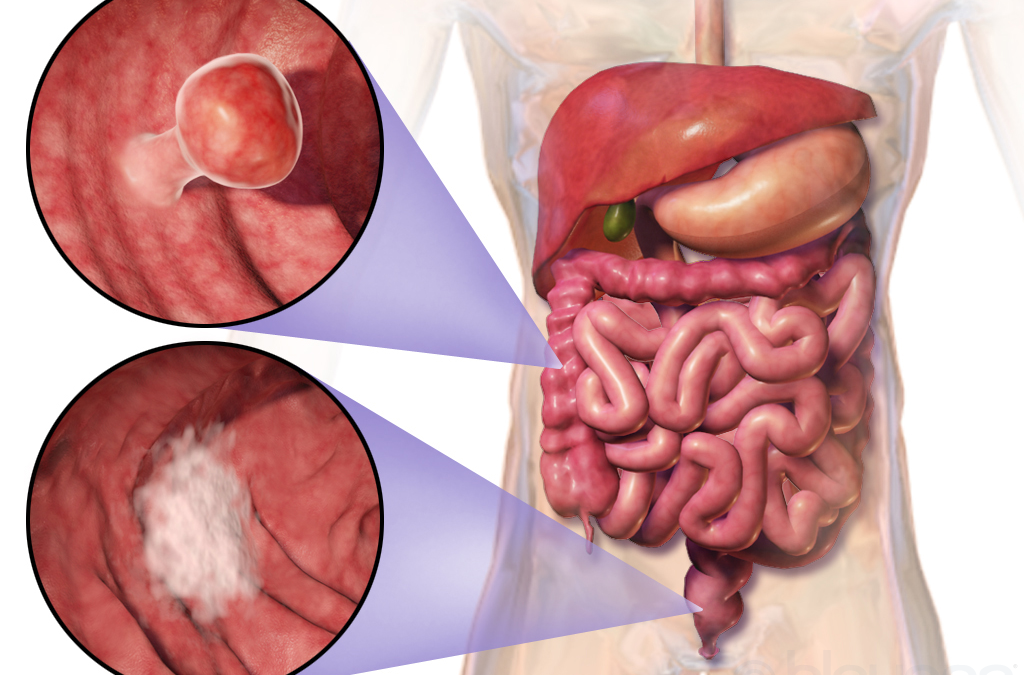Colorectal cancer, a multifaceted and often insidious adversary, goes beyond its apparent manifestation in the bowels. As a prevalent global health concern, it demands a comprehensive understanding of its complexities, from risk factors and early detection to evolving treatment strategies. In this exploration, we embark on a journey to decode the intricate nature of colorectal cancer, shedding light on the nuances that underscore its impact on individuals and the imperative for vigilance and awareness. Often, its management involves the expertise of a surgical oncologist, especially in cases requiring precise, stage-specific intervention.
To Know More About It Please Click Here
The Anatomy of Colorectal Cancer:
- Origins in the Digestive System:
- Colorectal cancer arises in the colon or rectum, components of the digestive system responsible for processing and eliminating waste.
- Formation of Polyps:
- The journey often begins with the formation of polyps—abnormal growths in the lining of the colon or rectum, some of which may transform into malignant tumors over time.
Unraveling Risk Factors:
- Age and Genetics:
- Colorectal cancer is more prevalent in individuals aged 50 and older, with a higher risk for those with a family history of the disease.
- Lifestyle Influences:
- Sedentary habits, diets high in red and processed meats, smoking, and excessive alcohol consumption contribute to an elevated risk.
- Inflammatory Conditions:
- Chronic inflammatory conditions such as Crohn’s disease or ulcerative colitis increase susceptibility.
The Imperative of Early Detection:
- Screening Modalities:
- Colonoscopy: A pivotal diagnostic tool allowing the visualization and removal of precancerous polyps.
- Fecal Occult Blood Test (FOBT): Detecting blood in the stool, a potential indicator of colorectal issues.
- CT Colonography: Virtual colonoscopy utilizing imaging technology for detailed examination.
- Symptoms Recognition:
- Persistent changes in bowel habits, unexplained weight loss, blood in the stool, and abdominal discomfort warrant attention.
Staging and Treatment:
- Stages of Colorectal Cancer:
- Stage 0: Limited to the inner lining.
- Stages I-III: Progressively invasive, involving nearby tissues and lymph nodes.
- Stage IV: Metastasized to distant organs.
- Treatment Modalities:
- Surgery: Removal of tumors and affected tissues.
- Chemotherapy: Medications to inhibit cancer cell growth.
- Radiation Therapy: Targeted radiation to eradicate cancer cells.
- Immunotherapy and Targeted Therapies: Innovative treatments tailored to specific aspects of cancer cells.
Advancements in Colorectal Cancer Research:
- Precision Medicine:
- Tailoring treatments based on genetic makeup for personalized care.
- Immunotherapy Innovations:
- Harnessing the immune system to target and eliminate cancer cells.
- Liquid Biopsies:
- Non-invasive blood tests detecting circulating tumor DNA for early detection.
Beyond Treatment: Survivorship and Support:
- Post-Treatment Care:
- Regular follow-ups to monitor for recurrence and address potential complications.
- Emotional and Psychological Support:
- Coping with the emotional toll of colorectal cancer through counseling and support groups.
Conclusion:
Colorectal cancer, extending “Beyond the Bowels,” necessitates a holistic understanding encompassing risk factors, early detection, and evolving treatment landscapes. By embracing proactive health measures, staying informed about screening options, and supporting ongoing research, individuals, and communities contribute to the collective effort to unravel the complexity of colorectal cancer. Through awareness, early intervention, and continuous advancements in science, we pave the way for a future where colorectal cancer is not just treated but effectively prevented and, ultimately, conquered.
